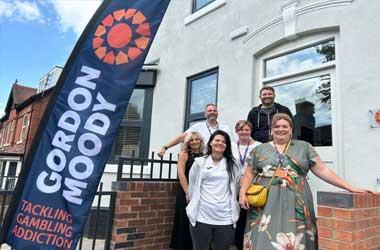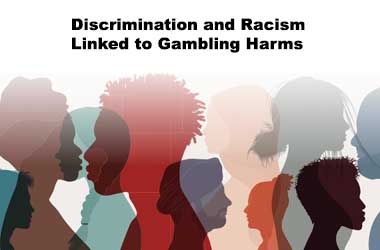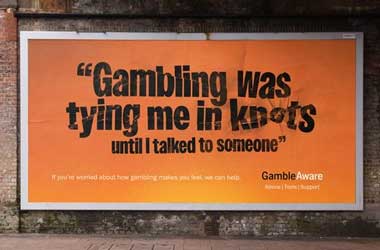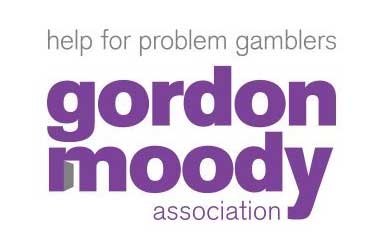 Summary:
Summary:
- In 2020, the UKGC launched a project aimed at improving gambling data collection
- The project has now been completed following the release of the Step 3 experimental data
- The UKGC noted that the findings are not comparable to previous surveys due to changes in methodology
The UK Gambling Commission (UKGC) has published the findings of the final experiment related to a project aimed at improving the collection of data on gambling participation and the prevalence of problem gambling in Great Britain.
The publication of the Step 3 experiment marks the completion of the project which was launched by the Commission three years ago.
Step 3 Adopts Push-to-Web Survey Methodology
In December 2020, the UKGC opened a public consultation for the development of the Gambling Survey for Great Britain.
According to the Commission’s head of statistics Helen Bryce, over the last three years, the agency has worked closely with gambling experts, academics, policymakers, people with lived experience, as well as industry stakeholders to determine the best possible way to gather data on adult gambling participation and the prevalence of gambling harms across Great Britain.
The project went through an experimental phase which involved three stages, with the results of the first two experiments released earlier this year. The UK’s National Centre for Social Research (NatCen) has been tasked with producing a report on all three stages, and this week, the independent social research agency released the project’s final experimental statistics, covering the period April – May 2023.
Conducting the final step of the experimental phase, the UKGC updated its data collection procedures and refined the survey questions to focus solely on gambling.
Using a push-to-web survey methodology, the UKGC collected data from around 4,000 respondents. Of that number, 50% reported engaging in a gambling activity in the past four weeks, while 61% have gambled in the last 12 months. Gambling participation was higher in males than females.
The majority of adult gamblers (32%) participated in the National Lottery, with others playing charity lotteries (15%) and National Lottery scratchcards (13%). The Step 3 experiment also found that most Brits gamble to make money or just to have fun.
Experimental Data Not Comparable to Previous Gambling Survey Findings
As to the prevalence of problem gambling, 2.5% of respondents were categorized as problem gamblers, scoring 8+ on the Problem Gambling Severity Index (PGSI) tool. A further 3.5% were classified as moderate risk and 8% as low risk. The rest of the respondents were non-gamblers in the past 12 months.
Bryce noted that the statistics are still “experimental” and still under evaluation due to the limited period covered and the changes in methodology. For this reason, Step 3 findings cannot be compared to previous gambling survey results.
















